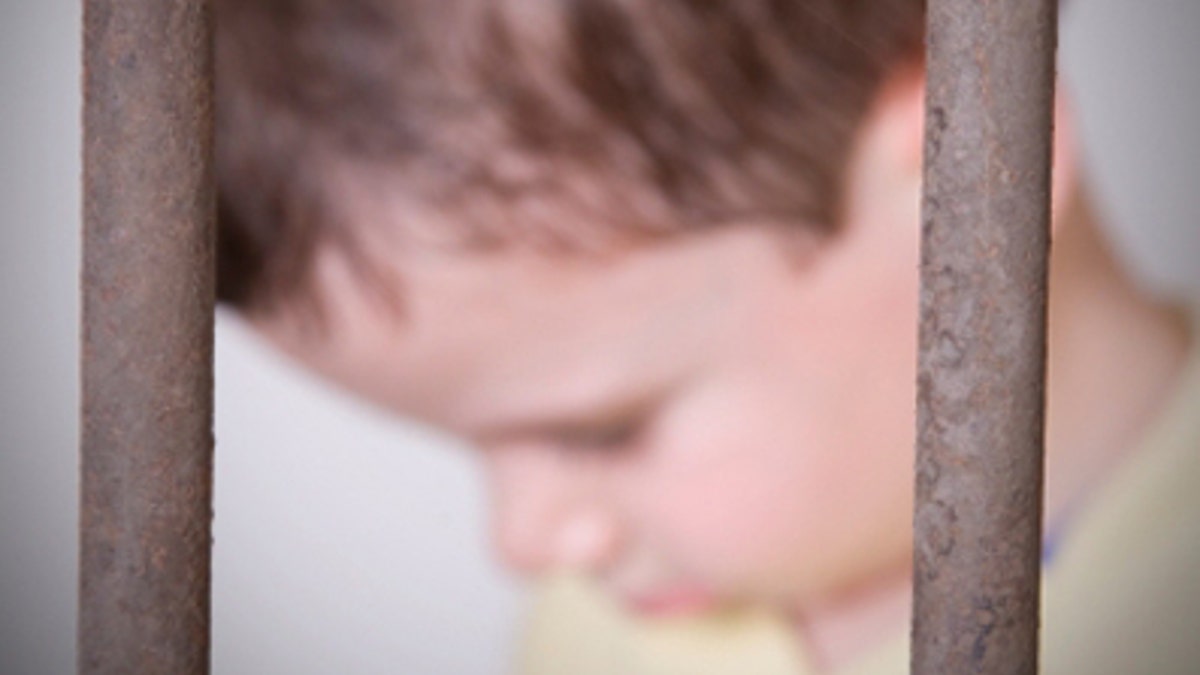
I recently read a news story about a husband and wife in Toronto who have chosen to keep the gender of their 4-month-old baby a secret from family and friends and whoever else may come into contact with the child.
The couple says they intend to let the child, whose name is Storm, choose its identity for itself, without undue influence from society. They claim that children are able to make meaningful decisions at very young ages.
Family and friends, on the other hand, are a bit more skeptical. They told the Toronto Star they are concerned for the child and how its unconventional upbringing might cause bullying at school and social ostracism in the coming years.
A few professional psychologists have also expressed worry, explaining that even when parents don’t make a choice, that’s still a choice. In this case, the no-choice could lead to serious confusion for the child.
Look, I’m not a psychologist or psychiatrist, nor do I play one on TV. This is just an opinion, which is totally based on my background as a doctor and as a father of three children. I have to agree with the experts – I think these parents might be doing the wrong thing by their child.
I truly believe that children should be given all the opportunities to make individual choices, as long as the choices are safe and have a positive impact in the children’s lives, and that includes sexual orientation and gender identity.
But what these parents are doing is prematurely assuming that their child may not make the right choices or the choices that “it” makes would be significantly influenced by society.
By not revealing and socially enjoying what the gender of the child is, whether it’s male or female, the parents are not giving the child a chance to develop any kind of identity.
I’m not saying that this could lead to a gender identity disorder – because, frankly, I don’t know – but my readings on the condition boils down to this: Gender identity is the subjective sense of knowing to which gender one belongs. It is the awareness of knowing that “I am a male” or “I am a female.”
Gender identity disorders are characterized by the deep-seated feeling that one’s physical body is incompatible with one’s subjective gender identity. Sometimes, the disorders can manifest themselves as early as the age of 2, but typically this is more of an issue that arises in adulthood.
And if that happens, if a person has learned gender roles and doesn’t feel that their given gender is compatible with their subjective one, fine. It’s their choice to pursue a gender change, if that is what they desire.
The problem is, it appears these parents aren’t planning to model appropriate gender behaviors to their child. Thus, how can the child choose what gender it identifies with, if it has no clear understanding as to what gender means?
It seems to me that the parents are introducing undue doubt from the beginning of the child’s life, which may lead to an entirely new form of identity crisis – the crisis of not being able to identify with any gender at all.
